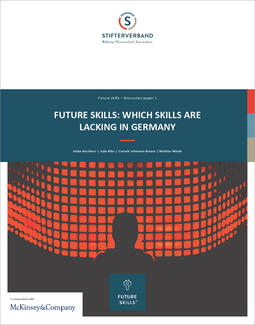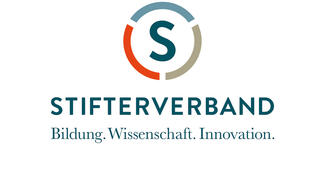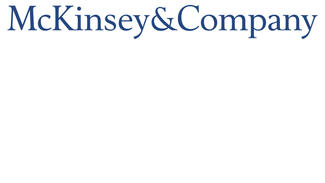The Future Skills Framework
18 skills in 3 categories: Technological, basic digital and classical skills

The workplace of the future will be increasingly shaped by digital information and processes. Traditional professions will change and new job profiles will emerge. The ability to use digital technologies and Internet-based applications will become more important in virtually all industries and occupations. And new forms of interaction and knowledge production will also influence day-to-day life beyond the world of work, touching practically every area of life. Against the backdrop of an ever-changing society, familiarity with digital technologies and collaborative methods will become a central prerequisite — not just for economic success, but also for participation in society.
But which skills will be needed in the workplaces and society of the future? How great is the demand of German business for these future skills? This discussion paper offers an initial approach to answering these questions. It takes the assumption that, although broad categorizations of future skills have already been defined (e.g., by the OECD, World Economic Forum, McKinsey Global Institute, Ashoka Foundation), the current demand for these skills in German business has not yet been sufficiently addressed. In the first part of this paper, the Stifterverband and McKinsey have worked with businesses to analyze today’s skills challenges and to develop a framework of relevant future skills. The study is based on a mix of quantitative and qualitative surveys.
The Future Skills Framework is neither intended to be a rigid, general categorization nor to replace the above-mentioned frameworks. Instead, it seeks to map the latest trends and demands in the German economy, predict skills gaps, and in so doing deliver short to medium-term triggers for education policy as well as universities and further training institutions. The framework forms the conceptual basis of the future skills initiative of the Stifterverband, and will be regularly updated and adapted to changing circumstances. Building on this framework, the second part of this paper will deliver an initial approximation of the future demand for individual future skills in businesses. This in turn will be differentiated according to demand for specialists with a specific skill in new technology fields and demand for key cross-disciplinary qualifications. The calculations and analyses show that there is high demand for training in both areas, which can be covered by very different measures.
Demand for around 700,000 people with technological skills and further training requirements for more than 2 million people in cross-disciplinary qualifications — these figures demonstrate the size of the challenge that Germany faces in education in the years ahead. The calculation of the demand presented in this paper should be understood as an approximate attempt to quantify this demand.
Nevertheless, however the demand materializes in real terms in future — the time to act is now. Above all, it is important to expand the current tools of the Bundesagentur für Arbeit, to continuously analyze the ever-accelerating demands of the labor market, and to communicate these developments publicly. By employing such a strategy of constant monitoring, businesses and private further training providers can also develop new offers and adapt their current contents and formats. It is vital that education institutions, and the university and career training system align themselves more with the required future skills and develop corresponding education and training courses.
This discussion paper was compiled as a collaboration between the Stifterverband für die Deutsche Wissenschaft e.V. and McKinsey & Company, Inc. It is the first of a total of four papers that will set out the analytical framework for the future skills initiative of the Stifterverband. The subsequent papers will deal with the future of HR work in businesses (Paper 2), the future skills challenges for universities and further training institutions (Paper 3), and the resulting recommendations for politicians (Paper 4).
In terms of methodology, the results below are based on a combination of quantitative and qualitative approaches: First, a workshop was held with 40 participants representing start-ups, established companies, education institutions, politics, the civil service, and various associations. This was followed by a standardized online survey of a total of 607 German companies in industry, insurance and banking. At the same time, 20 guided expert interviews were conducted with HR officers from a range of companies. At all times, it was ensured that companies of all sizes, from start-ups and SMEs to large corporations, were represented in the sample. The discussion papers also drew on the earlier findings of the future skills initiative of the Stifterverband as well as McKinsey’s work on the topic.

Stifterverband project team
Cornels Lehmann-Brauns, Volker Meyer-Guckel, Isabel Schünemann, Mathias Winde
Editorial
Nadine Bühring

Projectt eam McKinsey & Company
Tobias Enders, Solveigh Hieronimus, Julian Kirchherr, Julia Klier, Timur Ohloff, Jürgen Schröder, Neslihan Sönmez, Isabella Susnjara, Lisa Svoboda, Anna Wiesinger
Editorial
Kirsten Best-Werbunat